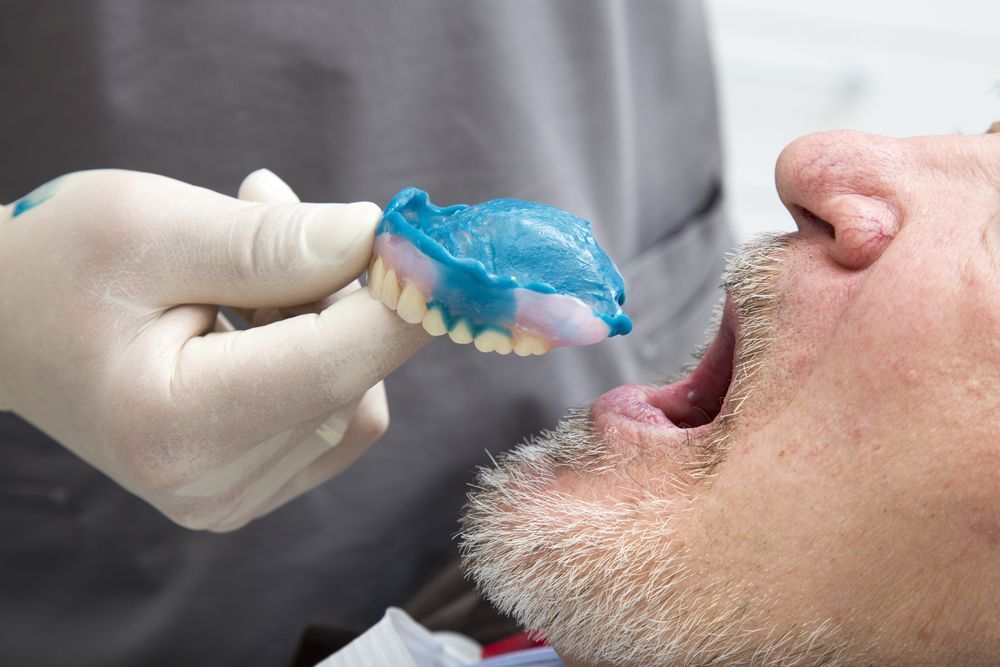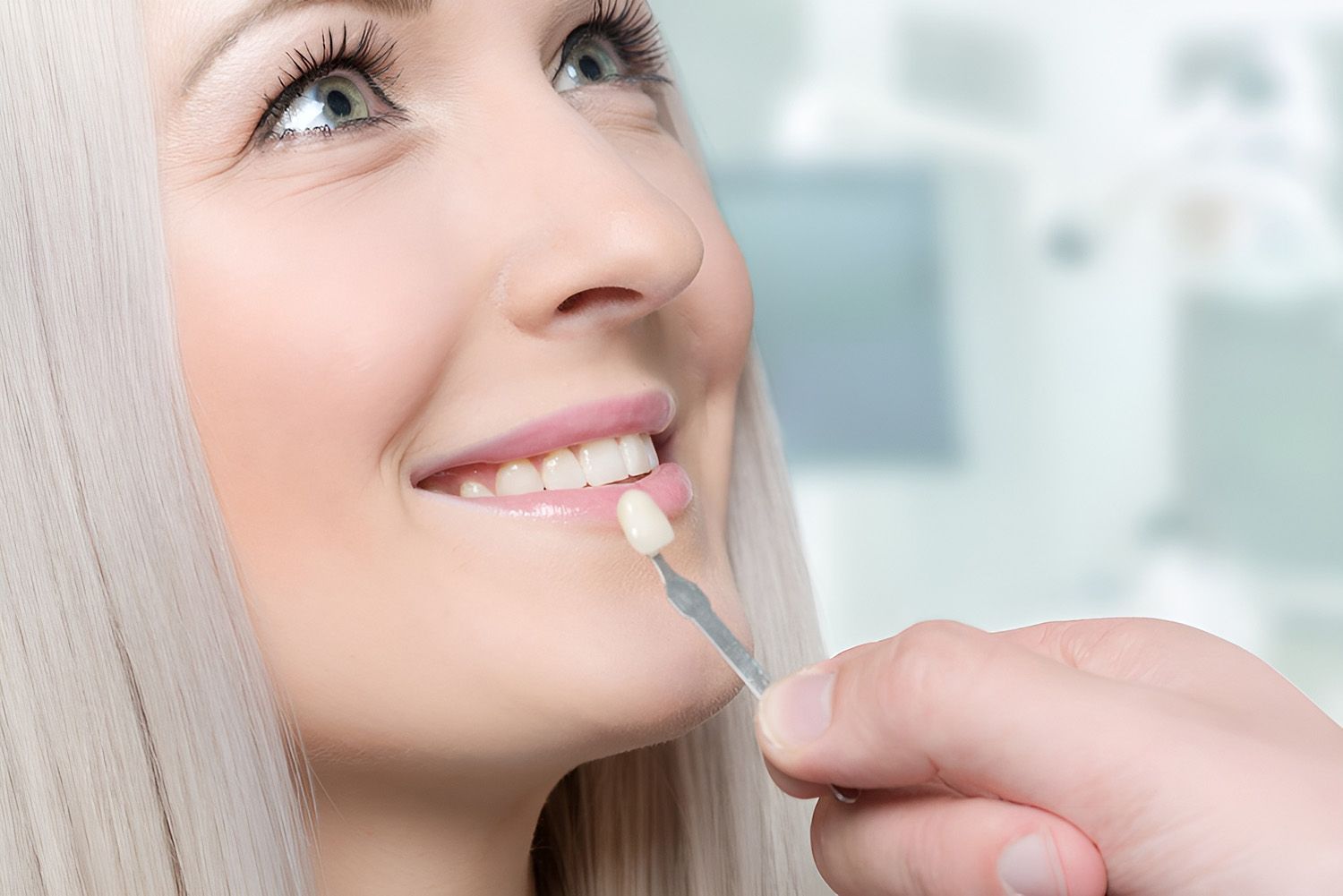What is Restorative Dentistry & How Does It Improve Your Smile?
A smile is more than just an expression—it plays a role in health, confidence, and day-to-day comfort. For many people, damaged, decayed, or missing teeth can affect the way they eat, speak, and interact with others. This is where restorative dentistry comes in. As a part of dental care, it focuses on repairing and restoring teeth, supporting both function and appearance. From fillings and crowns to implants and bridges, restorative treatments provide tailored solutions for different oral health needs.
In this blog post, we’ll examine restorative dentistry, why it matters for oral health, and how it can improve function and confidence.
Restorative Dentistry Explained
Restorative dentistry is focused on managing problems that arise from damaged, decayed, or missing teeth. Its primary aim is to repair or replace teeth so they function as intended, while also contributing to a natural-looking smile. Unlike purely cosmetic approaches, restorative treatments address both the health of the mouth and the day-to-day needs of the individual.
Some of the most common treatments include:
- Fillings to address cavities
- Crowns to support weakened or broken teeth
- Bridges to replace one or more missing teeth
- Dental implants for long-term tooth replacement
- Dentures for multiple missing teeth
Each of these options contributes to oral function, whether by supporting chewing, maintaining bite alignment, or filling spaces left by missing teeth. At the same time, many of these treatments are designed to blend with existing teeth, offering both comfort and a natural look.
Why Restorative Dentistry Matters for Oral Health
Healthy teeth and gums are important for more than just appearance. Left untreated, dental issues can progress and lead to more significant complications. Restorative dentistry helps manage these concerns, supporting the long-term health of the mouth.
Ways restorative treatments contribute to oral health include:
- Repairing tooth damage before it progresses further
- Supporting gum stability by maintaining the natural structure of the mouth
- Reducing the risk of bite misalignment caused by missing teeth
- Helping maintain natural chewing function and oral balance
By addressing issues early, restorative treatments can reduce the likelihood of additional complications over time.
Improving Functionality Through Restorative Dentistry
Everyday activities such as chewing, speaking, and smiling rely on teeth working in harmony. When one or more teeth are damaged or missing, these functions can be disrupted, sometimes making even simple tasks less comfortable. Restorative dentistry focuses on repairing or replacing teeth so that natural functionality is supported.
Examples of how treatments contribute include:
- Crowns provide strength to teeth that have been weakened.
- Bridges restore chewing ability when one or more teeth are missing.
- Implants replace teeth at the root level, supporting stability for replacement crowns or bridges.
These treatments contribute to eating and speaking comfortably and help distribute bite pressure evenly, reducing strain on surrounding teeth.
Aesthetic Improvements Along the Way
Although function is the central focus, restorative dentistry often improves appearance at the same time. Treatments such as tooth-coloured fillings, porcelain crowns, or bridges are designed to blend with surrounding teeth. This natural look can make a difference in how people feel about their smile.
Benefits often include:
- A uniform appearance that matches natural teeth
- Restoration of chipped or worn teeth
- Improved overall balance of the smile
The result is a treatment outcome that simultaneously addresses oral health and aesthetics.
Restorative Options for Missing Teeth
Missing teeth are a common issue that can affect chewing, speech, and oral structure. Restorative dentistry offers several replacement solutions, each with different features.
Options include:
- Dental implants – titanium posts placed into the jawbone to hold replacement crowns
- Bridges – prosthetic teeth supported by natural teeth on either side of the gap
- Dentures – removable replacements designed for multiple missing teeth
Each option provides unique benefits, and a dentist in Cairns can recommend which approach suits the individual’s oral health, lifestyle, and personal goals.
Protecting Long-Term Well-being
Restorative dentistry extends its role beyond repairing damaged teeth. Focusing on function and structure supports many aspects of daily life that people may take for granted until an issue arises. Restoring teeth can influence oral health and overall comfort and confidence in day-to-day activities.
Examples of how restorative care can contribute include:
- Chewing function: When teeth are restored, it becomes easier to enjoy a wider variety of foods without discomfort, which supports balanced nutrition.
- Replacing missing teeth: Gaps in the mouth may lead to neighbouring teeth shifting out of alignment, creating uneven bite pressure. Replacing missing teeth helps stabilise the bite and may reduce strain on surrounding teeth.
- Speech and communication: Teeth play a role in articulation, and restorative treatments can support clearer speech by filling gaps or stabilising the bite.
This means restorative care addresses immediate issues and contributes to long-term comfort and quality of life.
How Restorative Dentistry Fits into Modern Care
Advancements in dentistry have introduced a range of durable and natural-looking restorative options. These developments mean patients have access to treatments that restore function and blend more seamlessly with existing teeth. Materials such as porcelain and composite resins are commonly used to replicate the colour and texture of natural teeth.
Some modern approaches include:
- Tooth-coloured fillings for a discreet result
- Porcelain crowns shaped to match natural teeth
- Implants that integrate with the jawbone for stability
- Digital imaging for accurate treatment planning
These developments provide patients with restorative dentistry in Cairns that balances oral health, functionality, and natural appearance.
Book a Consultation for Restorative Dentistry in Cairns
Restorative dentistry is not only about repairing damage—it’s about restoring confidence, comfort, and daily functionality. Whether it’s addressing a small cavity or replacing missing teeth, restorative treatments support oral health while helping create a smile that feels complete again.
At Cairns Precision Dental Group, we provide restorative dentistry in Cairns designed to repair and restore teeth with a focus on both function and appearance. Whether you’re dealing with damaged teeth, cavities, or tooth loss, we can discuss the most suitable options for your situation.
Get in touch via our contact page or give us a call to book a consultation with our dentist in Cairns.









